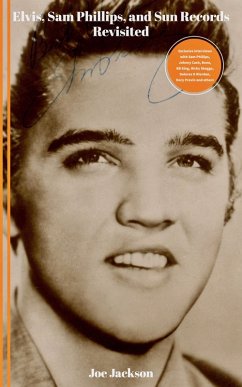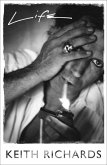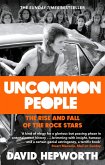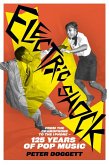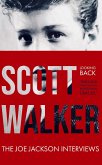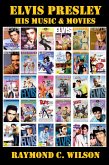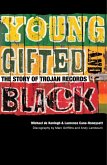In 1985 he became an interviewer and set his sights on meeting Sam Phillips. But Jackson by then didn't just want to thank him for discovering Elvis. He was Ireland's first writer in residence at a vocational school. The Irish Times claimed that an Irish magazine was "noted for" the "probing interviews" he conducted. He had a college degree in popular culture. "In fact, my viewing pop from a socio-political as well as a musical perspective prompted Sam Phillips to give me the interview in 1989, the only one of its kind that Sam ever gave. And in the end, he insisted 'it's the only way to tell my story and the story of Sun Records.' Sam addressed issues such as whether he was racist, had abandoned black musicians, was megalomaniacal. It also led to the classic quote, "Elvis was a belated cannon shot in the Civil War." It also led to Phillips revealing for the first time that he had ECT. After the interview ended, Phillips told Jackson, "I think you have an innate and intuitive sense of what Sun Records is all about."
This then led to them having the kind of relationship whereby during subsequent interviews "Phillips himself would bring up controversial issues such as a National Enquirer story about the nature of his relationship with his mother, and we discussed the same magazine's claim that Elvis was secretly bisexual and had an affair with Nick Adams. It was astounding, in ways," Jackson recalls. The author also discussed with Phillips and with Johnny Cash and "Cowboy" Jack Clement, a producer at Sun Records, the rumour that Elvis had been discovered not after making a demo at Sun by because he had been "peddling his mother's speed pills to black musicians. "But maybe most important was a discussion I had with Sam, Cash and the likes of Bono, about the fact that all of Presley's recordings were spirituals, in a sense, and this accounted for his longevity. Put another way, this is the story of Elvis and Sun Records, told in a way it has not been told elsewhere."
Elvis, Sam Phillips and Sun Records Revisited also includes the backstory of the book
]
Dieser Download kann aus rechtlichen Gründen nur mit Rechnungsadresse in A, B, CY, CZ, D, DK, EW, E, FIN, F, GR, H, IRL, I, LT, L, LR, M, NL, PL, P, R, S, SLO, SK ausgeliefert werden.

